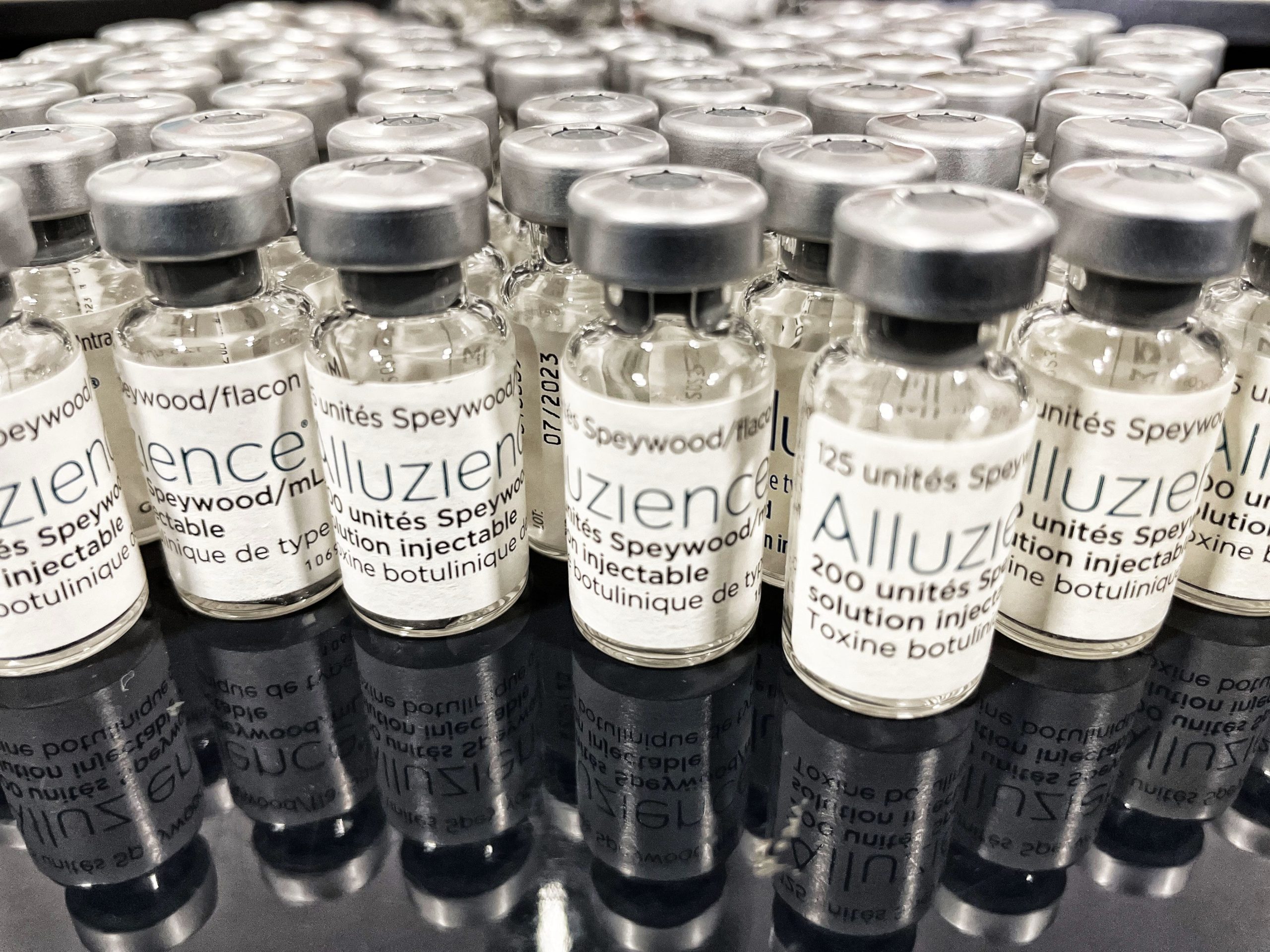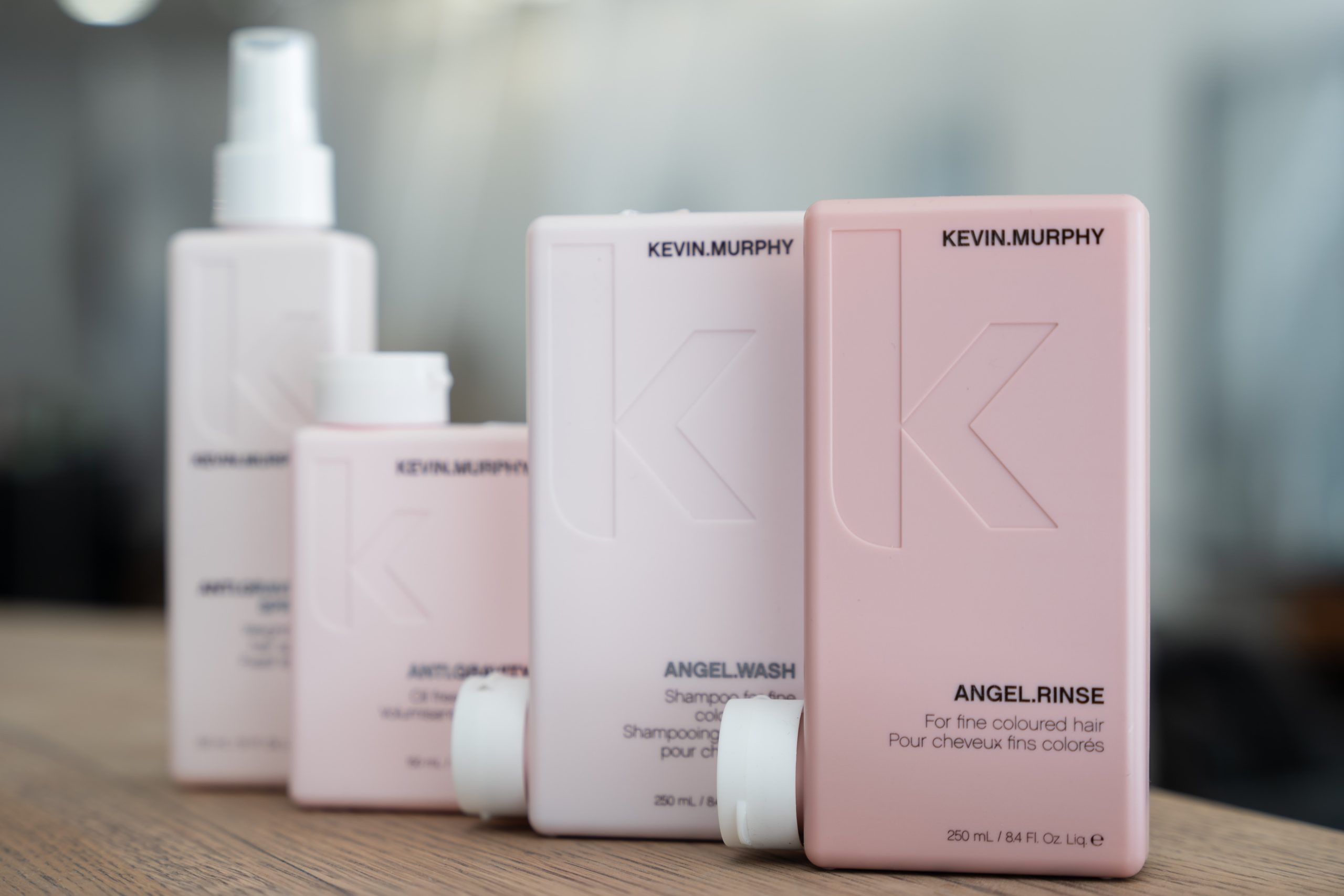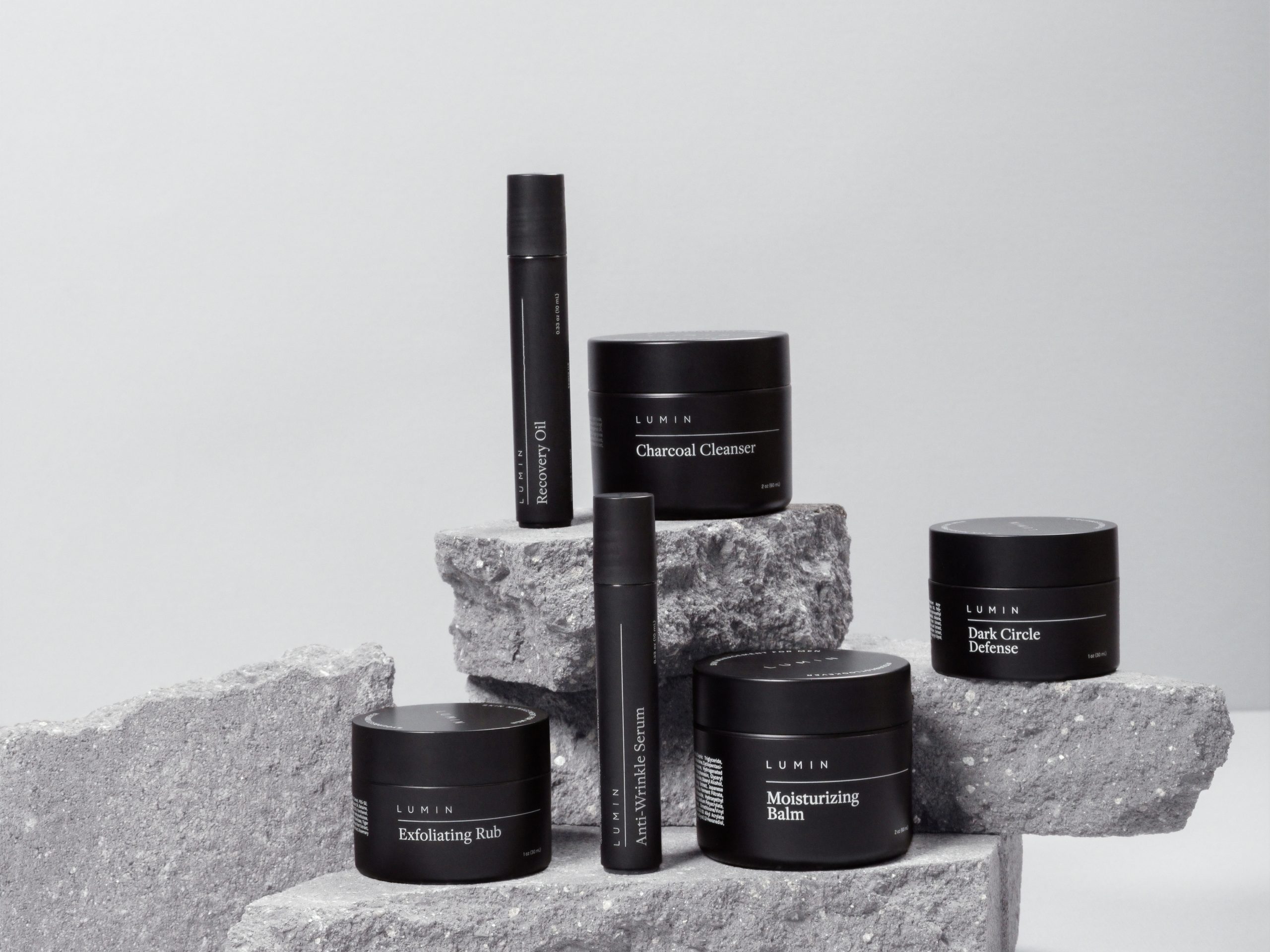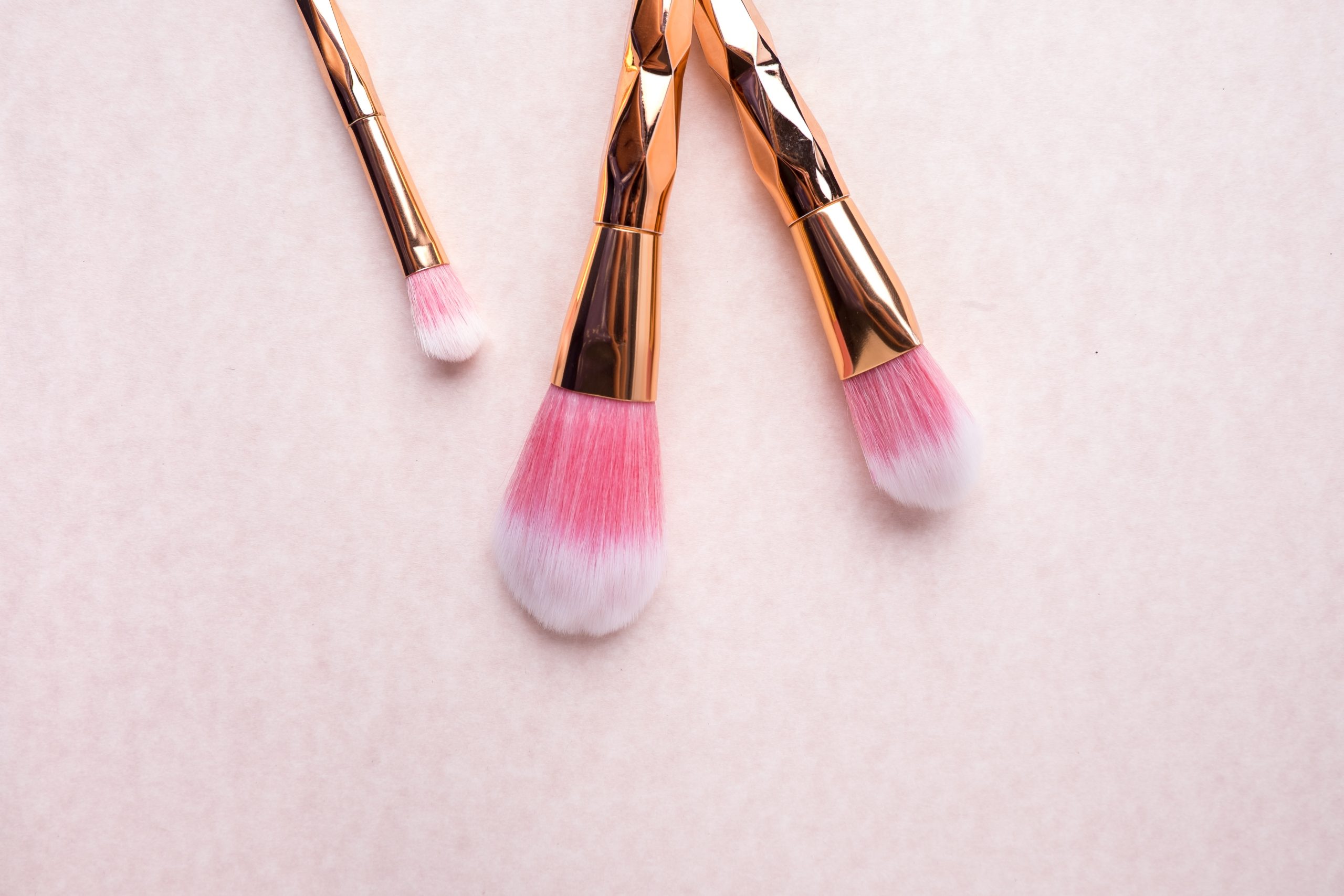If you want to learn more about coping with eczema then this article is going to discuss some important topics for your benefit. As you continue to read, focus on the facts about this type of skin condition and what you can do. As with everything, the more you know the better off you are.
One key factor in controlling eczema is to daily practice good skin care. When washing your skin, it’s best to use a soap substitute or a mild soap. These cleansing agents are less likely to dry out your skin. Immediately after bathing, always apply a good moisturizer. Moisturizers help conserve your skin’s natural moisture.
Some individuals that have a severe case of eczema find relief by taking their baths in water which has a small portion of bleach added to it. This helps because the bleach actually kills bacteria which takes up residence on the skin of those who are plagued with eczema. Of course, don’t take a long bath or use really hot water because both can rob your skin of its natural moisture.
As you may already know, when you have a flare-up with your eczema, the itching associated with it is almost unbearable. You want to scratch the affected skin, but you know that if you do it will only make the situation worse. A cold compress can curb your desire to scratch. The compress provides some relief because it reduces inflammation of the affected skin cells.
Common treatments for eczema include topical creams and ointments that contain cortisone. You could try hydrocortisone that can be purchased at your local drug store. If this doesn’t soothe your eczema, you should talk with your doctor about possibly getting a stronger prescription from him. These will work like other steroid creams, but will be able to be used for a longer time.
When you pick a sunscreen, try finding one that is PABA-free. The ingredient is known to cause problems with people who have eczema. Always thoroughly check the ingredients label thoroughly, even if it claims to be PABA-free. Finally when you can’t find anything else to help you, your doctor may be able to give you a prescription to some sunscreen.
Some researchers have linked eczema to a Vitamin D deficiency. Therefore, a little bit of sunlight may help your condition. Do not go overboard, however. Spend about ten minutes in the sun each day. If you are going to be out longer than that, apply sunscreen and go about your business.
If the air in your room is too dry, it may cause your eczema to act up. Therefore, a humidifier is often an important addition to an eczema sufferer’s home. Consider which rooms you spend the most time in and place the humidifier there. You should notice a difference in your skin.
Make sure the clothing you wear won’t irritate your skin. Certain types of fabrics can contribute to flare ups. It is best to wear cotton when dealing with eczema. Also, make sure you wash new clothing before you wear it. Make sure your detergent is unscented and mild, however.
Discuss medications with your doctor. If an over-the-counter medication doesn’t do the trick, a prescription one might. Use store-bought and prescription medication as directed. Straying from the instructions could cause more harm than good. At the very least, it will be ineffective, resulting in a waste of both effort and money.
Do not scratch your eczema. It is hard to resist because eczema is an itchy skin condition, but scratching makes it worse. You can increase the itching, damage your skin, and increase your risk of getting an infection. Try keeping the skin moisturized, bathing regularly, and using cold compresses to alleviate itching.
Keep your stress levels down if you have eczema. The chances of having it flare up increase when you are stressed out. Stress can also make eczema itchier and more uncomfortable. That can create a never-ending cycle of anger and frustration from dealing with both your stress and your skin. Try relaxing by doing activities like yoga, deep breathing, and meditation.
For those that have eczema, skin care must be modified in the cold, dry winter months. During these months, you should use an oil-based moisturizer. The oil in these moisturizers promote moisture retention. The best form of moisturizer to use in these circumstances is an ointment due to the amount of oil it contains. Since ointments are 80% oil, it protects the skin more effectively than either lotions or creams.
If you live in an area that experiences cold weather in the winter, buy a humidifier to help decrease eczema flare-ups. During the cold winter months, we close all of our windows and turn on the furnace. This can make the air inside of a house very dry which makes the itching and dry skin associated with eczema even worse. To replace moisture in your internal environment, use a humidifier. This added moisture will keep your skin from becoming dry, cracked, itchy and irritated.
You may already know to change your sheets frequently but have you considered your curtains? Your curtains can attract a great amount of dust over time and that dust is released in the air whenever you open and close them. So you should wash them frequently or invest in some that are easier for you to wash.
With what you know now, you’re ready to face this condition in a whole new way. Feel confident about the tips provided and how they can work in your own life. No more adjusting to eczema, and instead be ready to take control so that it no longer feels like an affliction.




